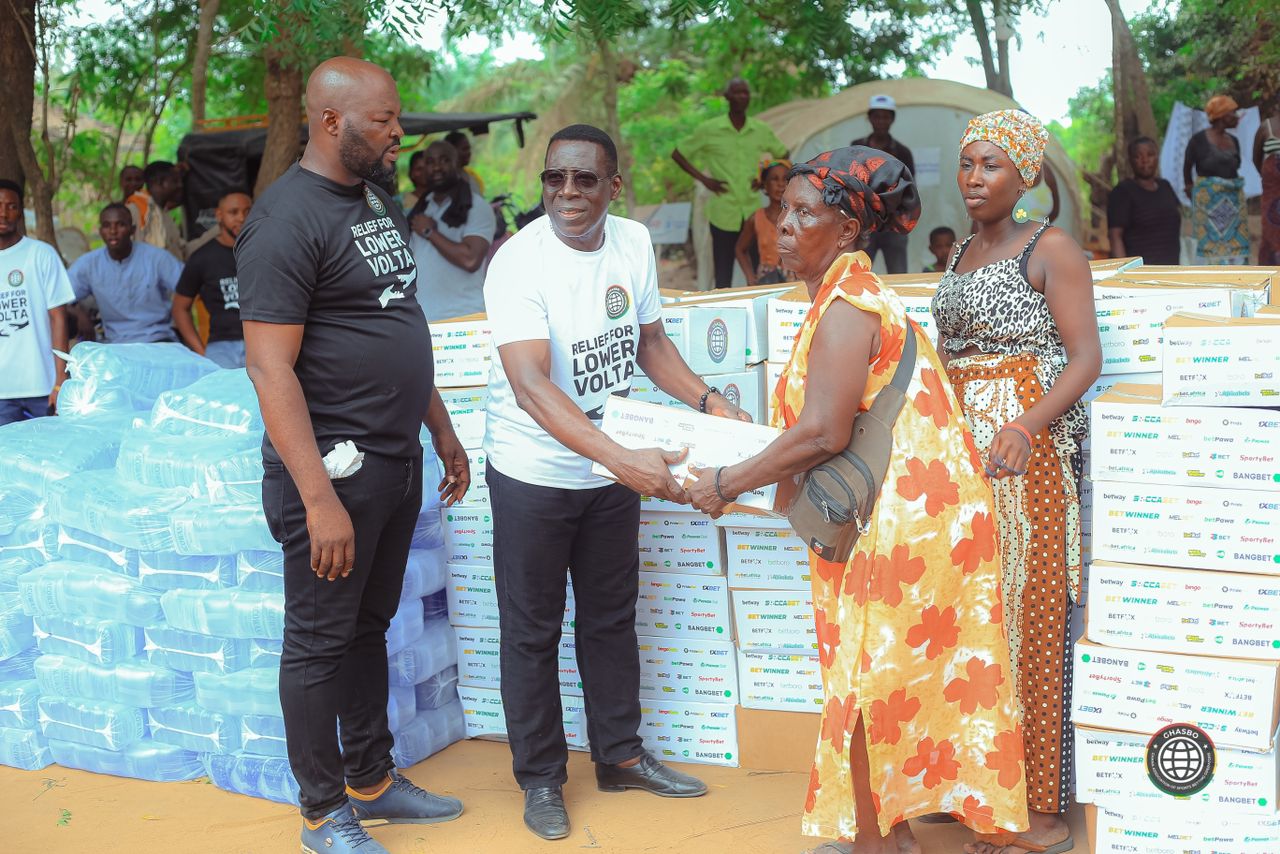
Basic Needs-Ghana, in partnership with the Korean International Corporation Agency (KOICA), has provided support to mentally challenged and epileptic persons and their care-givers in the Northern, Upper East and Upper West Regions.
A total of 300 beneficiaries, made up of 200 females and 100 males received sewing machines with accessories each, while another 150 received two small ruminants each to rear – comprising goats and pigs.
Presenting some of the items to one of the beneficiary communities at Baare, in the Talensi District of the Upper East Region, the Project Officer of Basic Needs Ghana, in charge of the Northern Region, Mr Stanislaus Sandow Azuure, stated that persons with mental illness or epilepsy and their primary care-givers were often the most marginalised and the vulnerable in society.
He explained that to help mitigate the plight of these people, Basic Needs Ghana, which had been advocating and working to improve upon the wellbeing of mentally challenged and epileptics sought for funding from KOICA to implement a project dubbed,” “Building productive skills of women, men and youth affected by mental disorders in Northern Ghana for enhanced recovery and income.”

The goal of the project, the Officer explained, was to enhance the security of the livelihoods of the beneficiaries.
He said the project, which would recruit master artisans to offer training, was also targeting 600 new beneficiaries.
He impressed upon families of mentally ill persons and communities, in general, to stop stigmatising persons with mental disorders and treat them with dignity and care to enable them recover fast.
Mr Bernard Azuure, the Project Coordinator of Basic Needs in charge of the Upper East Region, who said 150 beneficiaries had been processed to go into vegetable gardening, said plans were far advanced to undertake the project with the Ministry of Agriculture.
The beneficiaries would receive training and farm inputs, he noted.
He indicated that through the efforts of Basic Needs, and with the support of other funding agencies, the majority of persons with mental disorders had recovered and were contributing significantly to the socio-economic development of their communities and the nation as a whole.
He stressed that what was needed urgently for the reduction of mental illness was the regular flow of medication, care and support and avoidance of discrimination against them.
Master Clement Seyine, a 24-year-old man from the Baare Community, who said he had been cured of mental disorders said he was very grateful and stated that he intended to establish his own tailoring shop with the sewing machine received.
–
Source: GNA
Read Full Story





















Facebook
Twitter
Pinterest
Instagram
Google+
YouTube
LinkedIn
RSS